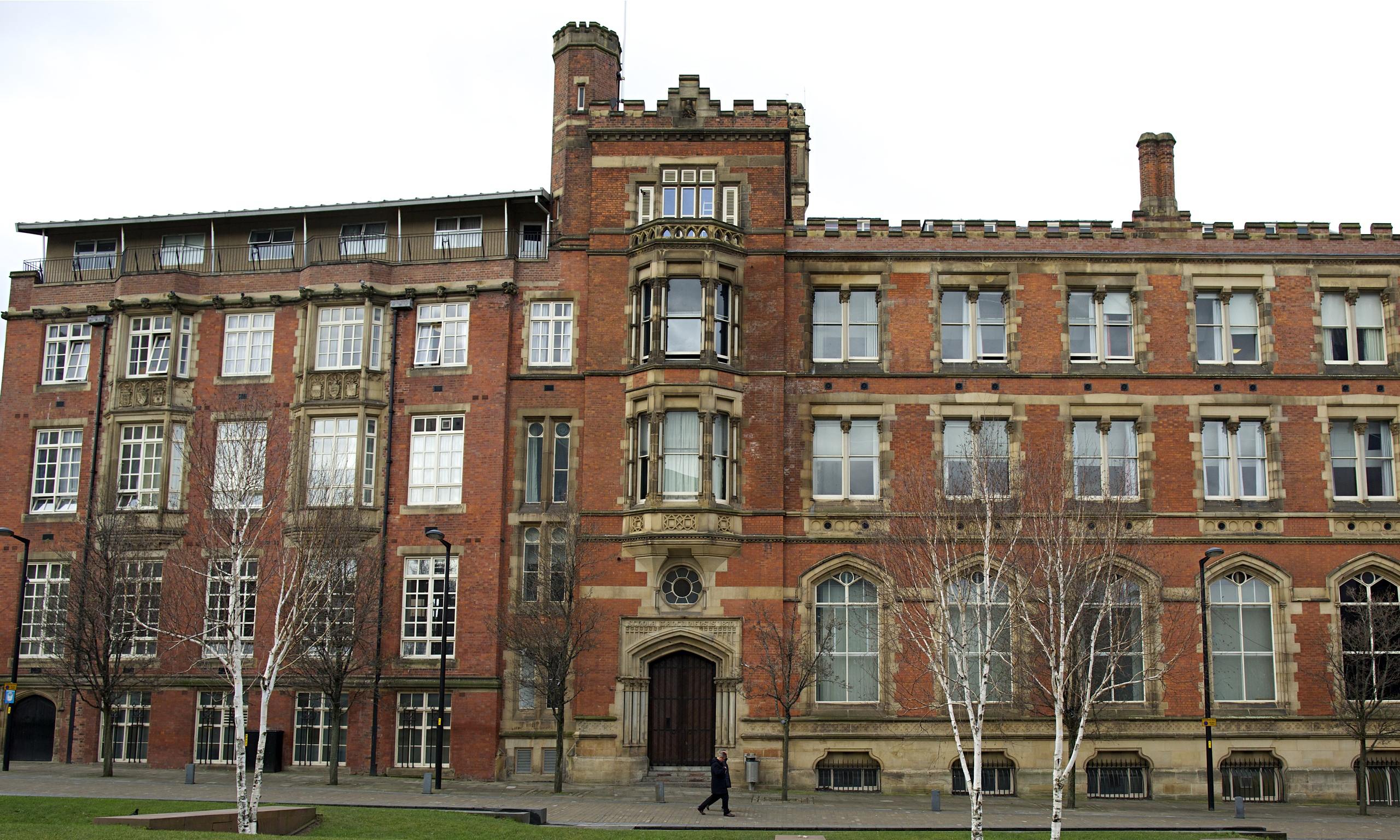When Jimmy Savile died a free man in 2011, his death opened a rotten casket of abuse allegations stretching across 56 years, from over 450 people. The fact that someone so in the public eye could escape prosecution highlighted a culture of silence and suffering surrounding sexual abuse. Shocked, the nation was prompted to consider the complicity of those in power who permitted such abuse; the hand over the mouths of our institutions. It was in the aftermath of this scandal that Theresa May launched the Independent Inquiry into Child Sexual Abuse (IICSA) in 2014 which investigated different institutions duty of care, identified failings and suggested possible improvements to legislation.
The inquiry focused specifically on 7 different boarding schools, one of which being Chetham’s School of Music in Manchester. Five women made allegations against a former piano teacher, Bakst, who they said would sexually touch women who visited his home for private tutorship. One woman claimed that having confided in a member of staff she was asked not to take the matter further as Bakst “taught all the best males” and that the prosecution of their teacher could endanger their careers.
A similar culture of silence was unearthed at Ashdown House, East Sussex, where young boys from the age of 7 to 13 were targeted in a regime of sexual abuse heavily tied up in disciplinary action, making a punishment of their sexuality. One victim recalled the school being “an environment where sexual touching was seen as acceptable and normal.”
A seminar hosted by the Inquiry debated the pros and cons of the mandatory reporting of child abuse. Some members believed that this law would create a “hierarchy of response”, diverting attention away from equally important issues of child neglect and physical abuse. However, I argue that this hierarchy of response is necessary. Child sexual abuse is defined by its grooming process whereby the child is effectively alienated and silenced by making them complicit in the act, consequently placing a responsibility on caregivers to identify those at risk and provide the necessary support. However, the inquiry identified this inadequacy of response from caregivers to the extent where some would even refuse to help children confiding in them. The apparent normality of such abuse in our institutions places students, already vulnerable, into a vacuum of response; their cries are heard, but never addressed. Although some members on the board of the inquiry believe a change in law to be excessive, perhaps it is this level of force which is required to break down the culture of silence suffocating our institutions.
In Victoria, Australia, the mandatory reporting of child sex abuse has had much success with up to 2908 more reports of the crime than in Ireland (of similar population size). However, despite the visible success in other countries, our system still focuses on mitigating the aftermath of abuse through compensation and trial hearings, rather than preventing it. Victims of abuse are put through further trauma by having to justify their experiences in the face of the law. Nowhere is this more evident than in the suicide of Frances Andrade just days after she testified against Michael Brewer, teacher at Chetham’s School of Music, who abused her from the age of 14. Her son protests that “being repeatedly called a ‘liar’ and a ‘fantasist’ about a horrific part of her life in front of a court challenged her personal integrity and was more than even she could bear.” As in all cases, Andrade’s suffering did not end when the abuse ended, but her experiences became sewn into the fabric of her life. Psychological trauma is something which can never be healed by compensation or forgotten by retribution; our efforts instead should be focused around the prevention of such abuse, rather than the compensation of it.
As a country, we fail when we fail to protect those vulnerable in our care. Although the mandatory reporting of child sex abuse will not stop such instances from occurring, this law would represent the clear obligation of caregivers to pay attention and support children who are showing signs of abuse. It is through the enforcing of such crimes that we take away the hand from the mouths of our institutions, we allow cries to be heard and we abolish this culture of silence for good.
Image Credit: The Guardian

